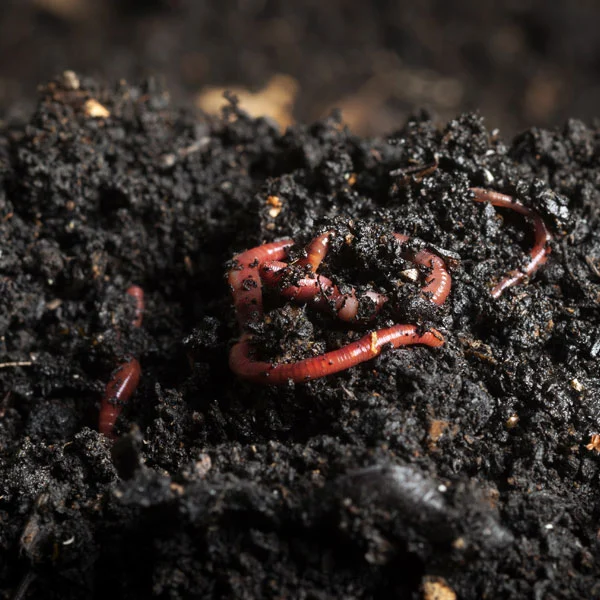
By George Munene
With sky-high fertiliser prices, Farmbizafrica has undertaken to highlight alternative sources farmers can use to enrich their soils while lessening dependence on synthetic fertilisers.
Vermicompost is organic fertilizer produced by earthworms from organic waste. It is colloquially referred to as organic gold with good reason; in various studies, vermicompost was found to increase yield in cereal crops by up to 55% [1], raised fruit production two-fold compared to chemical fertilisers [2] as well as reduced incidences of diseases such as yellow vein mosaic, color rot and powdery mildew in vegetables [3].
Additionally, it raised germination percentage and lifted the protein value of grains as well as increased the nutritional quality of vegetable crops.
“A kilogram of vermicompost costs between Sh 60-100, while for farmers looking to make their own compost, one kilogram of earthworms will set you back about Sh 2,000-2,500, illuminated Tedd Gachanja, proprietor of Sprout Organic, a vermicompost producer.
Gachanja informs that they are often unable to meet market demand as more farmers have adopted organic farming over the past couple of years.
Related News: Kiambu farmer cuts lucrative niche in vermicomposting
Related News: How to set a simple vermiculture system for your kitchen garden
According to Ben Momanyi, a vermiculturist at JKUAT’s Institute of Biotechnology Research (IBR), the beauty of rearing worms is that you do not need a large space. With a perforated basin on your balcony and two kilograms of vermicompost, you can be able to produce up to 15-20kg in a span of three months. The institution offers training for farmers looking to rear the worms.
Vermicast or metabolic waste from worms, contains high amounts of nitrogen, N, (1.5% - 2.2%), potassium,K, (1.0% - 1.5%), phosphorus,P, (1.8% - 2.2%), (NPK), which are the most important compounds promoting plant growth. As well as calcium, and magnesium which are secondary nutrients.
Compared to the most nutrient-rich topsoil, vermicompost fertiliser contains five times the nitrogen, seven times the available potash, and 150% more calcium.
The nutrient content of the vermicompost is determined by the makeup of the waste material fed to the earthworms. Waste that is diverse produces a wider range of nutrients, while homogenous waste is more limited.
According to an article; Vermiculture, the Cultivation of Earthworms; Dr.Freddie Acosta, a Senior Lecturer at Strathmore University explains that earthworms are hermaphrodites; each earthworm contains both male and female sex. They double their number every month. A kilogram of earthworms (approx. 1500 worms) fed very well and given the right moisture and protection from predators at the beginning of January, can multiply and increase their number to approximately 4000 kilograms at the end of December. After one year of operation, a worm farmer should produce 2-3 tonnes of organic fertiliser every day.
Related News: Farmer ventures into earthworms farming to fix tired soil
Vermicomposting is in use by both commercial and small-scale farmers across the world. It has more nutrients than traditional compost. It also has plant growth regulators (PGRs)-- chemicals that modify plant growth, i.e increasing branching, suppressing shoot growth, altering fruit maturity, removing excess fruit, or increasing return bloom. Vermicompost produces compost much faster as earthworms can consume the equivalent of their body weight every day. It also occupies less space, holds nutrients for an extended time, and is less laborious to make once it is set up than compost manure.
Vermicompost and natural tillage caused by the worms burrowing into the soil helps improve soil structure, aerate it, and make it more porous encouraging drainage and its moisture-holding capacity.
Sprout Organic: 0701113380
JKUAT IBR: +254-067-52711/52181-4
E-mail: This email address is being protected from spambots. You need JavaScript enabled to view it.
[1] Journal of Soil Biology and Biochemistry
[2] The Australian and New Zealand Wine Industry Journal
[3] Special Issue on Vermiculture Technology, International Journal of Environmental Engineering
















Comments powered by CComment